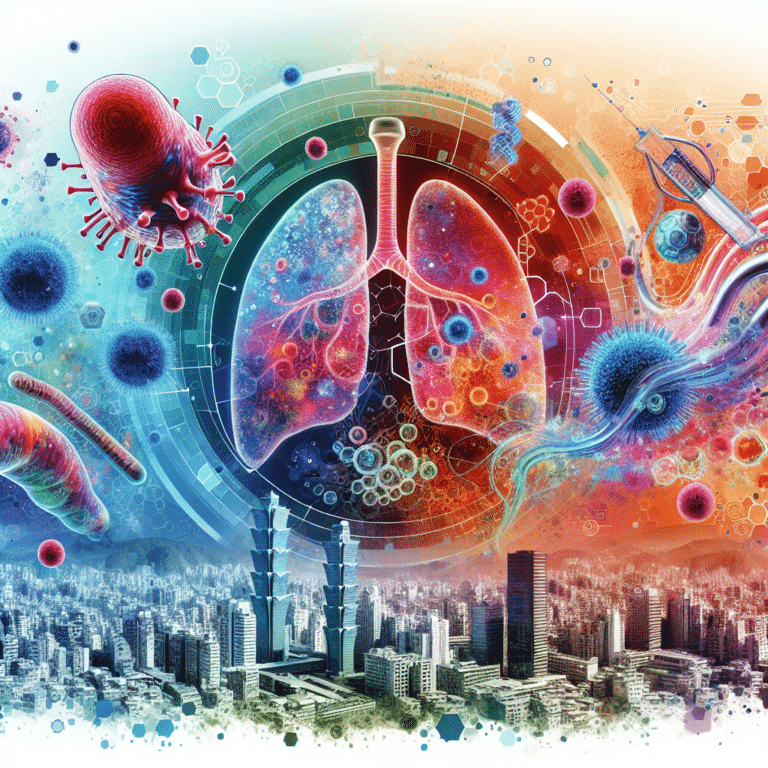Study on Mycobacterium kansasii transmission and genomic diversity in urban settings.
- Study investigated environmental factors associated with genetic relatedness of Mycobacterium kansasii infection in Kaohsiung, Taiwan, using whole-genome sequencing data and spatial analysis.
- Patients living in districts served by water purification plants, Weng Park and Fongshan, were at greater risk of being infected with genetically similar M. kansasii isolates.
- Specific water sources and industrial areas were found to be associated with the risk for M. kansasii infection transmission, suggesting environmental sources of acquisition.
- Findings suggest that transmission of M. kansasii might be linked to water sources and purification methods, emphasizing the need for further environmental investigations and control measures.
- Authors combined WGS sequencing, spatial information, and Bayesian modeling to reveal insights into the transmission of M. kansasii, highlighting the importance of understanding the environmental factors influencing infection outcomes.
Source link
Infectious Diseases, Pulmonary Medicine, Public Health & Prevention, Epidemiology


